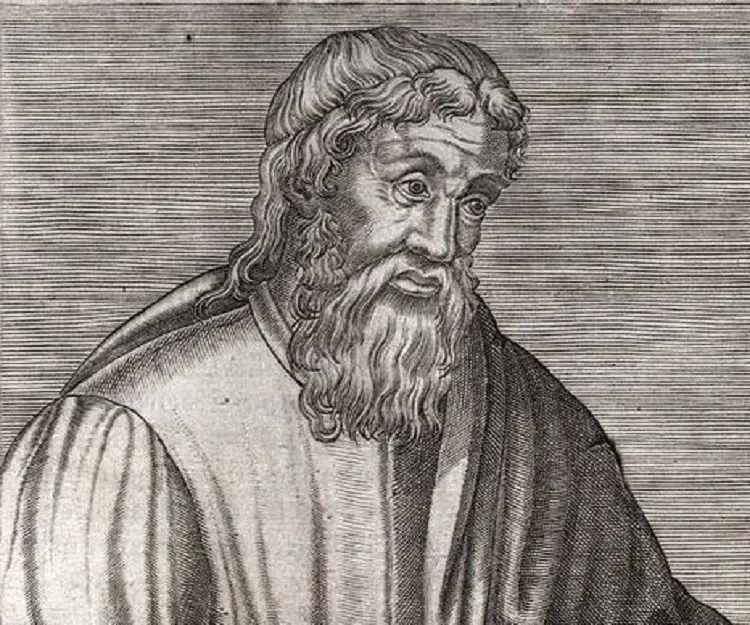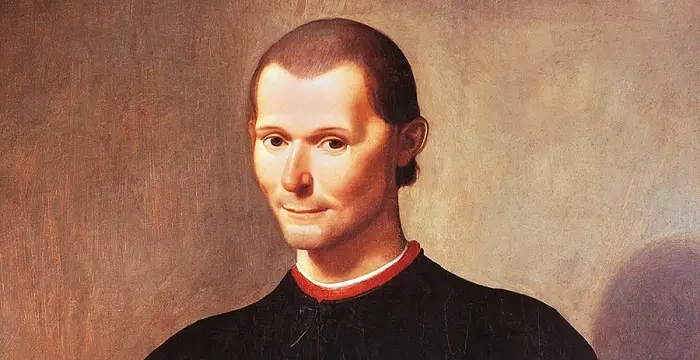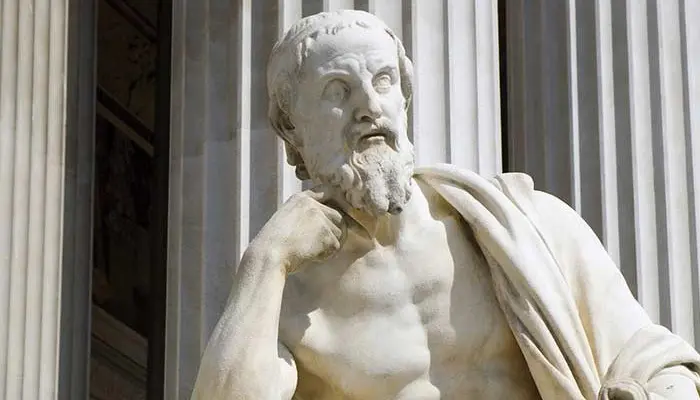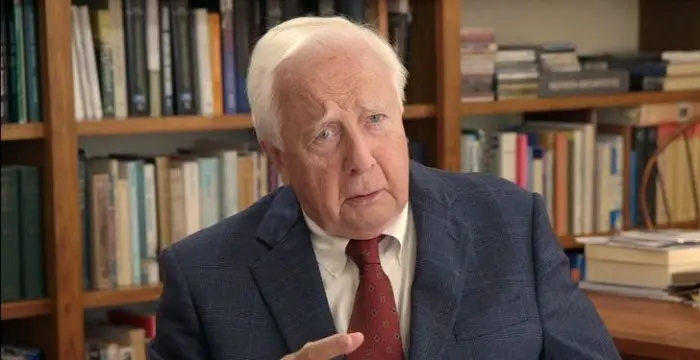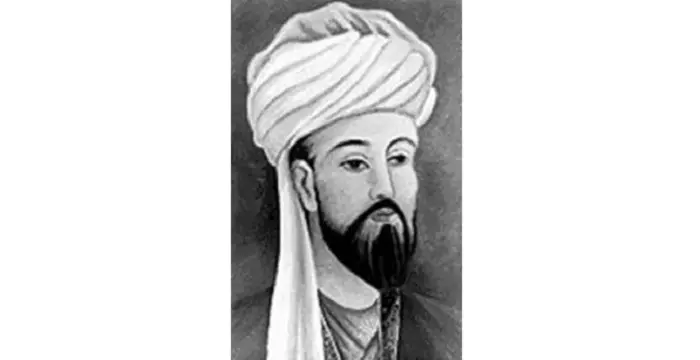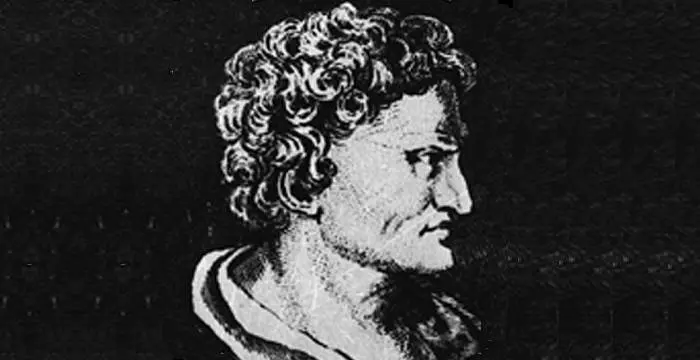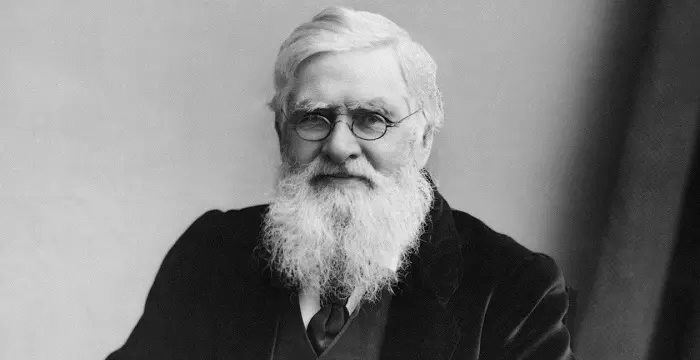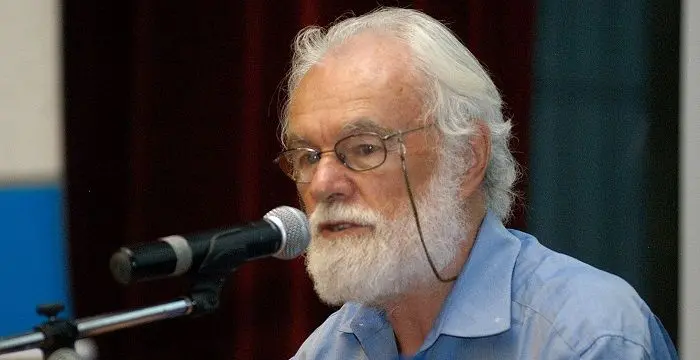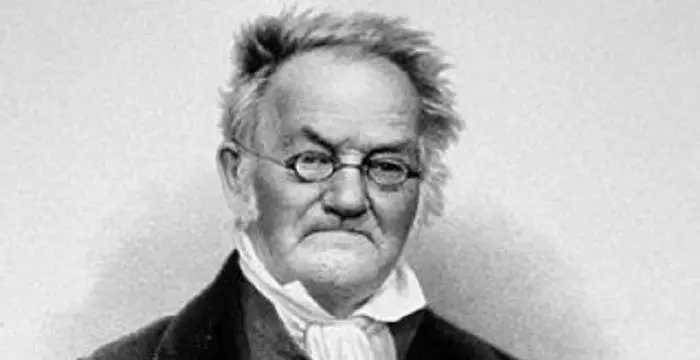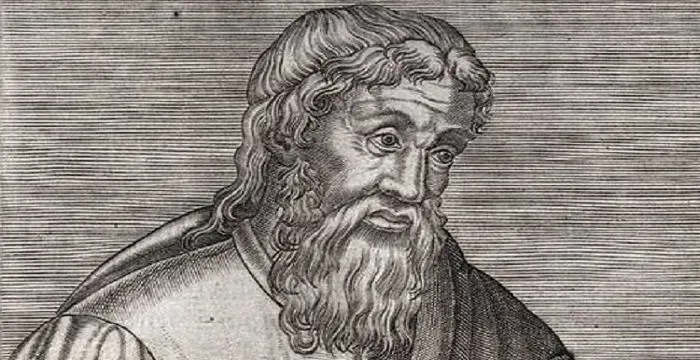
Strabo - Philosophers, Timeline and Personal Life
Strabo's Personal Details
Strabo was a Greek geographer, philosopher and historian who lived more than two thousand years ago, in the early days of the Roman Empire
| Information | Detail |
|---|---|
| Birthday | 64 BC |
| Nationality | Greek |
| Famous | Intellectuals & Academics, Philosophers, Historians, Geographers |
| Birth Place | Amaseia, Pontus , (modern-day Amasya; Turkey) |
| Gender | Male |
| Born in | Amaseia, Pontus , (modern-day Amasya; Turkey) |
| Famous as | Geographer, Philosopher, Historian |
| Died at Age | 87 |
// Famous Philosophers
Martin Buber
One of the greatest philosophers to have ever walked on earth, Martin Buber contributions to philosophy is a long-standing one. Explore all about his profile, childhood, life and timeline here.
Lao Tzu (Laozi)
Lao Tzu was a legendary Chinese philosopher who wrote the important “Daodejing”. This biography profiles his childhood, life, career, achievements and timeline.
Alan Watts
Alan Watts was a famous British philosopher known for his Zen teachings and interpretations of Eastern philosophy. Read more about this great philosopher in the following article.
Strabo's photo
Who is Strabo?
Strabo was a Greek geographer and historian who lived more than two thousand years ago, in the early days of the Roman Empire. He belonged to a wealthy and renowned family and received an excellent education, initially in Asia Minor and later in Rome. In Rome, he met several important men such as Aelius Gallus, who arranged for him the Roman citizenship. Later, he accompanied Gallus to Egypt and then travelled around the region extensively. Afterwards, he returned to Rome where he lived for the rest of his life, studying and writing the historical and physical characteristics of the world he knew. The geography he wrote was not only a representation of the topographical and political situation of that period but also a description of the widely accepted notion of the earth. Sourced from his own experience, and knowledge shared by great men of the past, it featured all the communities and countries known to the Greeks and Romans during the rule of Augustus. His work, ‘Geographica’, was a very valuable collection of facts and presented a remarkable insight into the world as it appeared to knowledgeable men in the Augustan Age.
// Famous Intellectuals & Academics
Bertil Gotthard Ohlin
Bertil Gotthard Ohlin was a famous Swedish economist. This biography profiles his childhood, family life & achievements.
Emily Greene Balch
Emily Greene Balch was an American economist, sociologist and pacifist who won the 1946 Nobel Peace Prize. This biography of Emily Greene Balch provides detailed information about her childhood, life, achievements, works & timeline.
Martin Buber
One of the greatest philosophers to have ever walked on earth, Martin Buber contributions to philosophy is a long-standing one. Explore all about his profile, childhood, life and timeline here.
Childhood & Early Life
Strabo was born in 64 or 63 BC. He belonged to a wealthy and affluent family.
He studied under the guidance of the rhetorician, Aristodemus, at Nysa in Caria; Aristodemus was the former tutor of the sons of Pompey (106–48 BC).
In 44 BC, he moved to Rome to study with geographer Tyrannion, former tutor of Cicero, and with philosopher Xenarchus, affiliated to the Aristotelian school.
Later, he met philosopher Athenodorus Cananites, former tutor of Octavius and friend and teacher of the emperor Augustus, who in all probability, introduced Strabo to the future emperor’s circle and influenced him to convert to Stoicism.
Career
Strabo again visited Rome in 35 BC and was there till 31 BC writing his first major work, ‘Historical Sketches’, which was published around 20 BC. The work is now lost and only a few quotations have survived.
The ‘Historical Sketches’ covered the history of the known world from 145 BC that is, from the conquest of Greece by the Romans to the Battle of Actium (31 BC). It was intended to be an extension of Polybius’s Histories.
Meanwhile, more travel followed. In 31 BC, he visited Crete and in 29 BC he toured through Corinth, Greece, where Augustus was staying. On his way to Corinth, he visited the island of Gyaros in the Aegean Sea.
From 25 to 20 BC, he spent five years in Alexandria and in all probability studied at the great library. In the interim, sometime around 25 or 24 BC, he sailed up the Nile as far as Philae in the company of Marcus Aelius Gallus, the Roman governor.
The next available reference to him is in 17 AD, when he attended the victory of the Roman general Germanicus Caesar in Rome. He devoted his last few years, from 14 AD to 21 AD, compiling his second important work, his Geographical Sketches, ‘Geographica’.
For writing his book on geography, he carefully selected useful information from the previous works of great scholarly men. He also took an active interest in the histories of different cities and states and cited the unusual geological occurrences of his era.
‘Geographica’ was his last major work before he died a couple of years later.
Major Works
Strabo's ‘Geographica’ consists of 17 books. It was compiled sometime between 14 AD and 21 AD, though some parts were undeniably written in an earlier period. The books have survived completely, except for the end of book seven.
In Geographica, he pointed out errors in the map designed by Greek scholar Eratosthenes (276 to 194 BC) and appreciated the work of Polybius, ancient author of history and European geography. Apart from Polybius, he also sourced information from Poseidonius, Artemidorus, Apollodorus of Athens, Demetrius of Scepsis, et al while writing his book.
His Historical Sketches covered the history of the Greco-Roman world. It spanned across several years starting from the conquest of Greece by the Romans (145 BC) to the Battle of Actium (31 BC). It was designed as a continuation of the great work of the Greek historian Polybius. Though now lost, it originally consisted of 43 books.
Personal Life & Legacy
Strabo travelled far and wide; he travelled from Armenia to Tuscany (opposite Sardinia), and from Black Sea to the frontiers of Ethiopia.
He died around 24 AD, leaving behind a rich treasure of historical and geographical knowledge and wisdom.
// Famous Historians
Niccolò Machiavelli
Niccolo Machiavelli was an Italian politician, historian and philosopher who is widely known as a founder of modern political science.
Herodotus
Herodotus was a Greek historian widely referred to as 'The Father of History'. This biography of Herodotus provides detailed information about his childhood, life, achievements, works & timeline.
David McCullough
David McCullough, known as the ‘master of the art of narrative history’, is an American author, narrator, historian and lecturer. Check out this biography to get detailed information on his life.
Strabo biography timelines
- // 145 BCThe ‘Historical Sketches’ covered the history of the known world from 145 BC that is, from the conquest of Greece by the Romans to the Battle of Actium (31 BC). It was intended to be an extension of Polybius’s Histories.
- // 64 BCStrabo was born in 64 or 63 BC. He belonged to a wealthy and affluent family.
- // 44 BCIn 44 BC, he moved to Rome to study with geographer Tyrannion, former tutor of Cicero, and with philosopher Xenarchus, affiliated to the Aristotelian school.
- // 35 BCStrabo again visited Rome in 35 BC and was there till 31 BC writing his first major work, ‘Historical Sketches’, which was published around 20 BC. The work is now lost and only a few quotations have survived.
- // 31 BCMeanwhile, more travel followed. In 31 BC, he visited Crete and in 29 BC he toured through Corinth, Greece, where Augustus was staying. On his way to Corinth, he visited the island of Gyaros in the Aegean Sea.
- // 25 BC To 20 BCFrom 25 to 20 BC, he spent five years in Alexandria and in all probability studied at the great library. In the interim, sometime around 25 or 24 BC, he sailed up the Nile as far as Philae in the company of Marcus Aelius Gallus, the Roman governor.
- // 14 To 21Strabo's ‘Geographica’ consists of 17 books. It was compiled sometime between 14 AD and 21 AD, though some parts were undeniably written in an earlier period. The books have survived completely, except for the end of book seven.
- // 17The next available reference to him is in 17 AD, when he attended the victory of the Roman general Germanicus Caesar in Rome. He devoted his last few years, from 14 AD to 21 AD, compiling his second important work, his Geographical Sketches, ‘Geographica’.
- // 24He died around 24 AD, leaving behind a rich treasure of historical and geographical knowledge and wisdom.
// Famous Geographers
Jabir Ibn Hayyan
Jabir Ibn Hayyan was a medieval era polymath. Check out this biography to know about his life, works and achievements.
Hipparchus
Hipparchus was a Greek astronomer and mathematician. This biography profiles his childhood, life, achievements and timeline.
Alfred Russel Wallace
Alfred Russel Wallace was a British scientist and explorer, best known for discovering the concept of evolution by natural selection. This biography of Alfred Wallace provides information about his childhood, life, achievements, works & timeline.
David Harvey
David W. Harvey is a British Distinguished Professor of Anthropology and Geography at The Graduate Center of City University of New York (CUNY). This biography profiles his childhood, life, academic career, achievements and timeline.
Nikolay Przhevalsky
Nikolay Przhevalsky was a Russian explorer who contributed significantly to European knowledge of Central Asia. This biography of Nikolay Przhevalsky provides detailed information about his childhood, life, achievements, works & timeline.
Carl Ritter
Carl Ritter was a famous German geographer, who, along with Alexander von Humboldt, founded the modern geographical science. Check out this biography to know about his childhood, life, achievements, works & timeline.
Strabo's FAQ
When was Strabo died?
Strabo was died at 2020-04-14
Which age was Strabo died?
Strabo was died at age 87
Where is Strabo's birth place?
Strabo was born in Amaseia, Pontus , (modern-day Amasya; Turkey)
What is Strabo nationalities?
Strabo's nationalities is Greek
How famous is Strabo?
Strabo is famouse as Geographer, Philosopher, Historian



